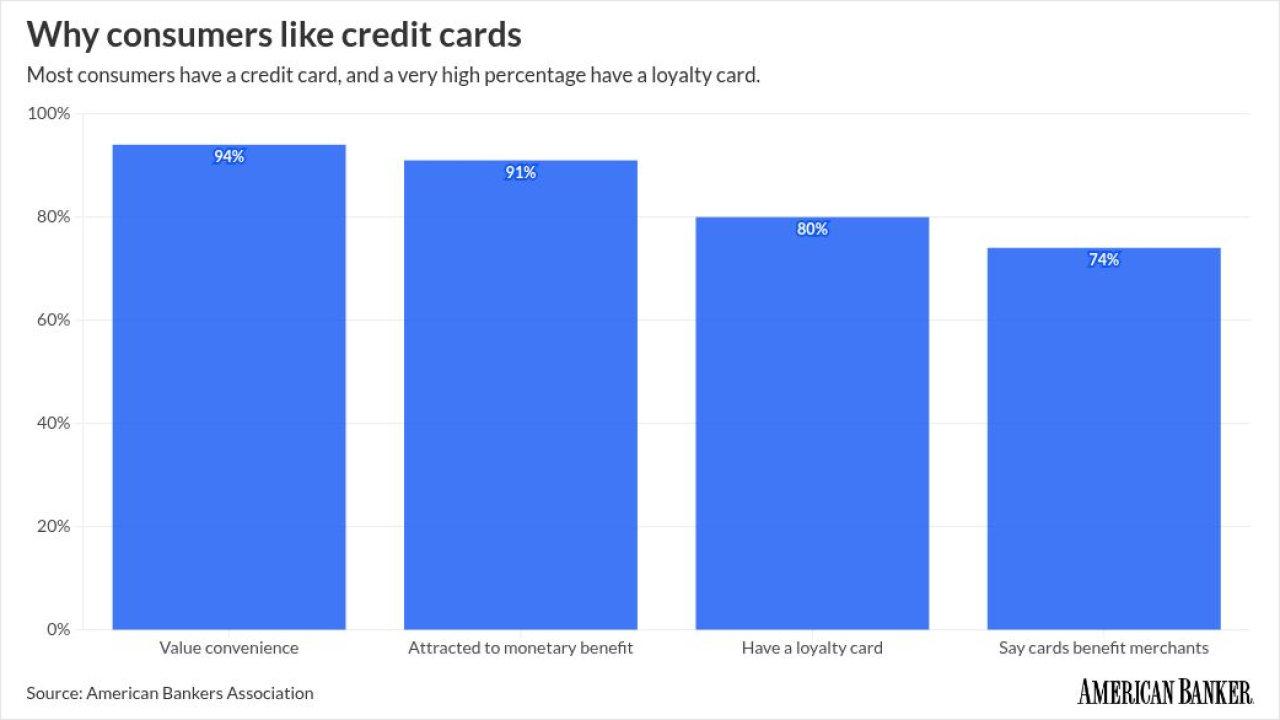WASHINGTON - The ink is hardly dry on the Gramm-Leach-Bliley Act, but financial services companies are already trying to stretch its outer limits.
The law contains a six-page list of activities that are "financial in nature," including lending, insurance underwriting, securities underwriting and dealing, and financial advice services. It gives the Federal Reserve Board and the Treasury Department joint authority to define which new activities are acceptable for financial holding companies or banks' direct financial subsidiaries.
With three weeks left until these provisions take effect, Gary Gensler, Treasury under secretary for domestic finance, said regulators have received requests for new powers. In an interview, he vowed to work closely with Fed officials to make rules on how to grant expanded powers.
The Financial Services Roundtable made the first request, urging regulators to add five more powers to the list: nonfinancial data processing, real estate brokerage, management consulting on nonfinancial matters, broad-based travel services, and brokerage activities known as "finder" services.
The group argues that because these services are not controversial and are so closely related to ones banking organizations already provide, regulators should include them when they implement regulations rather than wait for applications from the industry. If anything, observers said, it shows that the industry is evolving faster than new laws and regulations can be written.
"We wanted to jump-start the process to try to get more stuff included up front," said Richard M. Whiting, the roundtable's executive director and general counsel, who included the wish list in a Feb. 8 letter to Treasury Secretary Lawrence H. Summers and Fed Chairman Alan Greenspan. "These [services] are all very, very reasonable. They haven't been allowed in the past, for more political and historical reasons that now have been bypassed by the marketplace and changes in the laws."
The American Bankers Association plans to compile a similar list of brokerage and other powers to share with regulators, said the ABA's regulatory affairs director, James D. McLaughlin. The ABA, he said, is focusing on powers sought by small banks and is using its National Conference of Community Bankers in Palm Desert, Calif., this week to fish for suggestions.
"The obvious one is real estate brokerage, because banks are intimately involved in the real estate financing and settlement process," Mr. McLaughlin said, adding that many small towns do not have real estate brokers. "That would be a really good service for communities and a good product for banks."
Treasury officials said in an interview last week that Gramm-Leach-Bliley does not require them to issue a rule on defining new powers but that they and Fed officials are developing one to provide the industry with guidelines on the application and decision-making process. Sources say a proposal probably will not be ready by March 12, when most of the law takes effect, but Gregory A. Baer, Treasury's assistant secretary for financial institutions, said the agencies will accept applications before the rule is completed.
The law gave the Fed and the Treasury the authority to block each other's decisions on new powers. For example, the Office of the Comptroller of the Currency - a Treasury unit - might define a new product as financial and permissible for national bank subsidiaries, but the Fed could veto that decision. However, the Treasury could override Fed decisions on new powers for financial holding companies.
Regulators say they are taking steps to prevent such showdowns. Mr. Gensler said that both sides have agreed on a cooperative process. Each agency would share applications for new powers with the other, so that rules could be issued jointly. In other words, when the Fed approves activities for holding companies, the Treasury would simultaneously permit them for direct bank subsidiaries.
The brokerage and data processing powers sought by the Roundtable could prove particularly useful in offering high-tech services, industry sources said.
When bankers use the term "finder," they refer to acting as an intermediary between buyers and sellers. That could apply to brokering land deals or arranging the sale of nonfinancial businesses, and could also open up wide-ranging opportunities for electronic commerce. For example, said an industry executive who asked not to be named, banks could provide links on their Web sites to a department store's Web page. If a customer bought, say, a washing machine on-line with a credit or debit card, he said, regulators should consider this a financial activity because the bank's payment service underlies the whole transaction.
Banks can already process financial data, but face restrictions on crunching numbers for nonfinancial purposes. They may outsource the excess capacity on their computer systems, but the Fed prevents holding company units from producing more than 30% of revenue from selling use of their extra capacity, and the Comptroller's Office says that processing services may be marketed and sold if they are acquired in "good faith" - in other words, for banking services.
But bankers would like to use their high-powered computers to handle health data claims, store personnel records, track commercial production, and provide other services for outsiders.





